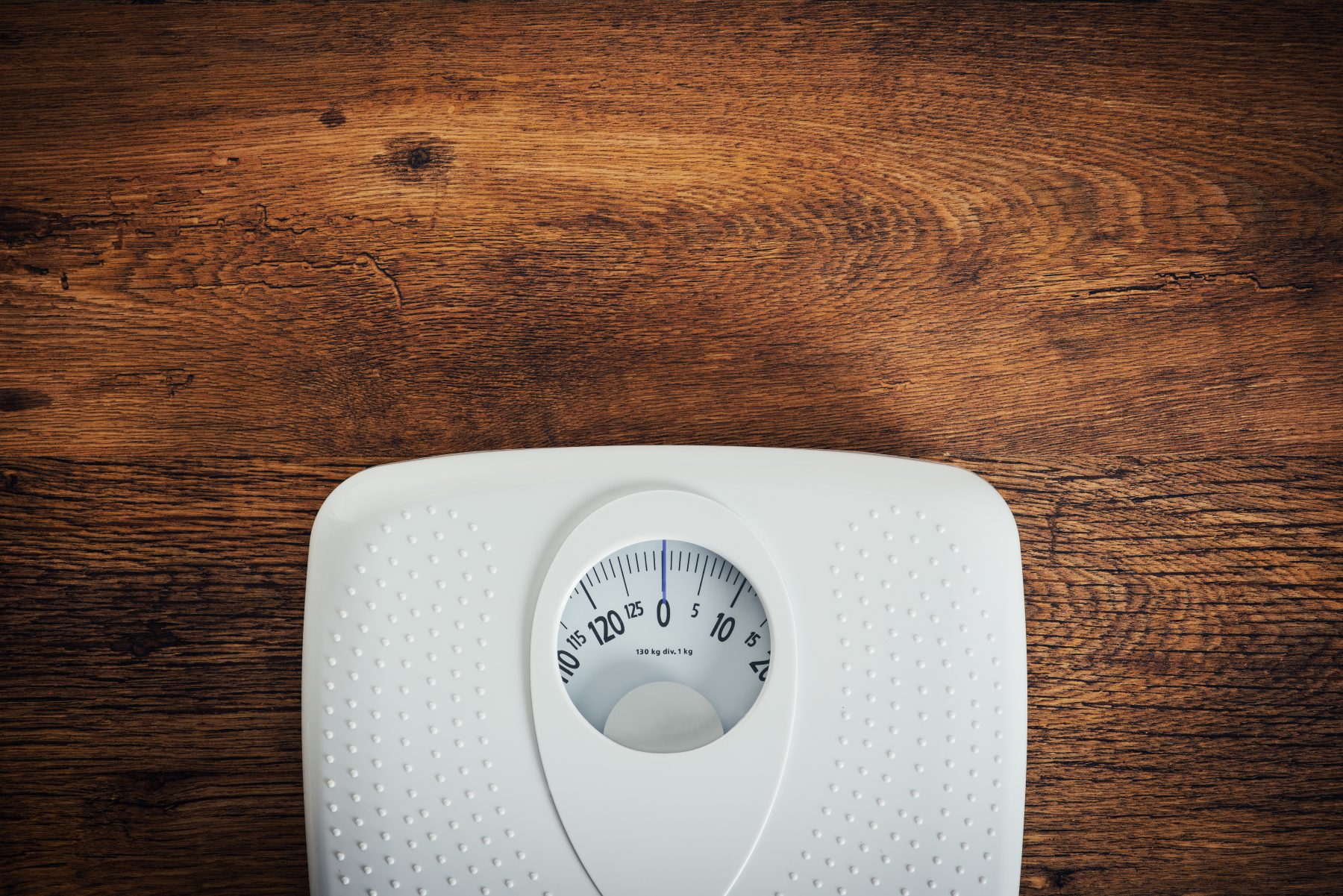
EP 3: Why Weight Loss Is Not Your Fault
In this episode of the Progressive Medical Edge, Dr. Agolli explores obesity, and weight loss, and provides insight into the following:
- Is obesity your fault?
- How to find out if you are obese?
- How does the typical American’s weight change throughout his/her adult life?
- How do you calculate your BMI?
- What is diabesity?
- What causes obesity?
- Is willpower fiction when it comes to food addiction?
- How far does the food industry go to create addictive products?
Thank you so much for listening to The Progressive Medical Edge!
Losing weight can be difficult for many reasons. According to a study by Australian researchers, weight loss decreases the hormone leptin, which signals to your brain that you’re full, and increases the hormone ghrelin, which stimulates hunger. This hormone imbalance continues long after you succeed at weight loss, making it even harder for you to keep the pounds off.
When trying to lose weight, the body fights to hover around its set point by conserving calories, increasing appetite and decreasing satiety signals. For most overweight people, their body tries to prevent permanent weight loss. As a person loses weight, the body reacts by lowering its metabolic rate to conserve energy, an evolutionary adaptation that makes it harder to lose additional weight.
It’s important to remember that everyone’s body is different and there are many factors that can make losing weight difficult. If you’re struggling with weight loss, it’s always a good idea to talk to your doctor or a registered dietitian who can help you develop a plan that works for you.
Food companies use a variety of methods to make their food addictive. One way is by adding hidden sugar, fat, and salt to their products12. These compounds trigger all our taste buds together, which further activate pleasure receptors in the brain2. Another way is by adding chemicals and flavors to their products1. For companies, the entire process is geared towards finding a particular food’s “bliss point”, which is the ratio of three nutrients: salt, sugar, and fat2. These compounds trigger all our taste buds together, which further activate pleasure receptors in the brain2. Sugar impacts the brain 20 times faster than nicotine, and foods that are highly processed and sweetened are the most addictive3.
It’s important to note that ultraprocessed foods (i.e., foods composed of mostly cheap industrial sources of dietary energy and nutrients plus additives) have become more abundant in our food supply, rates of obesity and diet-related disease have increased simultaneously4.
